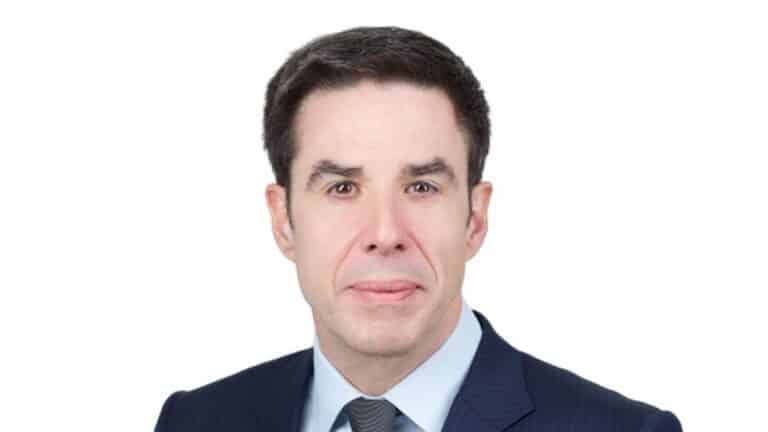This website uses cookies as well as similar tools and technologies to understand visitors’ experiences. By continuing to use this website, you consent to Columbia University’s usage of cookies and similar technologies, in accordance with the Columbia University Website Cookie Notice.
New Perspectives on a Changing Climate: Young Voices in Nuclear Energy
Past Event
November 28, 2023
6:00 pm - 7:30 pm est
Nuclear energy can be an important tool for addressing global climate change. According to the International Energy Agency, achieving global emissions reduction goals will require nearly doubling, between 2020 and 2050, electricity produced from nuclear reactors. As momentum grows for meaningful climate action, nuclear energy in some corners is experiencing a resurgence of interest.
But trust and confidence in nuclear energy remains low in many sectors, and younger generations and people of color, many of whom are driving the conversation on climate action and climate justice, have questions about nuclear energy. Historical injustices tied to the nuclear sector and open questions on cost, timeliness, and safety loom large.
Please join the Center on Global Energy Policy at Columbia SIPA and Good Energy Collective for a moderated, in-depth discussion and Q&A addressing these issues. This panel elevates young and diverse voices at the intersection of nuclear energy and climate, addressing the role of the youth voice in global fora, and explores the shifting landscape of nuclear policy and opinion.
Moderator:
- Daniel Propp, Senior Special Assistant to the Founding Director, Center on Global Energy Policy at Columbia SIPA
Speakers:
- Kelsy Green, Postdoctoral Researcher, Los Alamos National Laboratory; Former Climate Change Project Chair, International Youth Nuclear Congress
- Victor Ibarra Jr., Nuclear Innovation Analyst, Nuclear Innovation Alliance
- Cleo Schroer, Senior Policy Analyst, Good Energy Collective
This event will be hosted in person in New York City and live streamed via Zoom.
Advance registration is required. Upon registration, you will receive a confirmation email. The event will be recorded and the video recording will be added to our website following the event.
This event is open to press, and registration is required to attend. For media inquiries or requests for interviews, please contact Natalie Volk ([email protected]).
For more information about the event, please contact [email protected].
More Events
Powering Data Centers: Nuclear Energy and Emerging Careers
The Center on Global Energy Policy at Columbia University SIPA's Women in Energy initiative and Accenture invite you to join us for an evening of conversation and networking...
395 9th Ave, New York

Columbia Global Energy Summit 2026
The Columbia Global Energy Summit 2026 is an annual event dedicated to thought-provoking discussions around the critical energy and climate challenges facing the global community.
Columbia University

Human Rights and Climate Change Post-COP 30
This event is open to Columbia University students only. Join the Center on Global Energy Policy’s Women in Energy initiative for an interactive discussion on human rights and...

Exploring Energy Careers: Insights and Connections
*Registration is closed for this event. The Center on Global Energy Policy at Columbia University SIPA's Women in Energy initiative, in collaboration with the Columbia Policy Institute, invites...
Columbia SIPA

Relevant
Publications
Regulatory Progress for Project-Based Carbon Credit Markets: Pre-COP30 Roundtable Summary
On November 6, 2025, in the lead-up to the annual UN Conference of the Parties (COP30), the Center on Global Energy Policy (CGEP) at Columbia University SIPA convened a roundtable on project-based carbon credit markets (PCCMs) in São Paulo, Brazil—a country that both hosted this year’s COP and is well-positioned to shape the next phase of global carbon markets by leveraging its experience in nature-based solutions.

Opinion: Time for CT to rethink its climate strategy
Connecticut needs an honest debate, and fresh thinking, to shape a climate strategy fit for today, not 2022.

Climate Ambition and Electricity Affordability: Lessons from Connecticut


